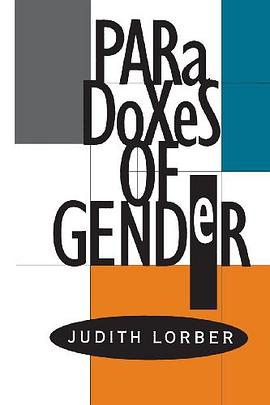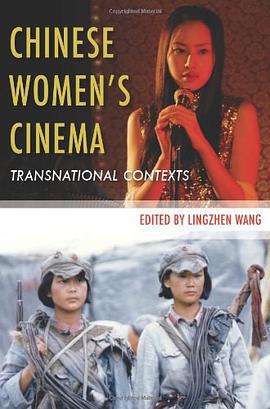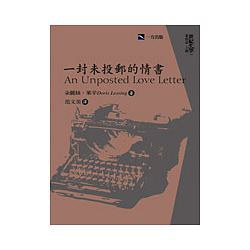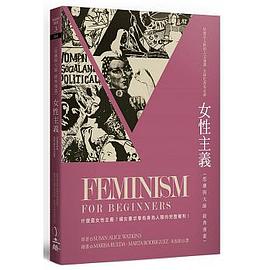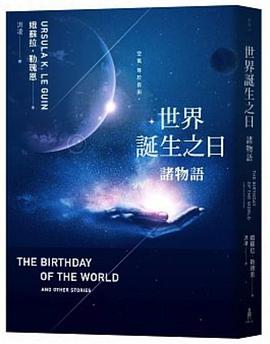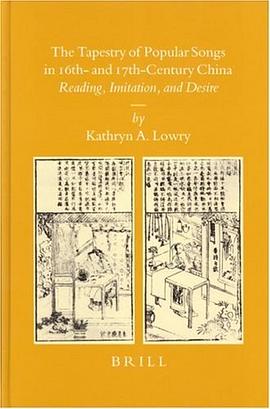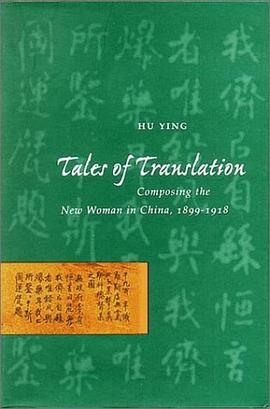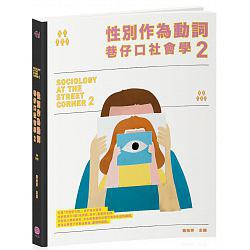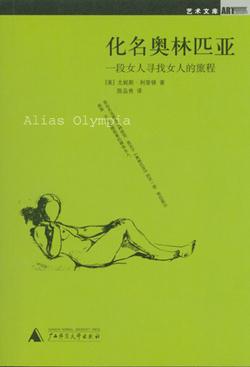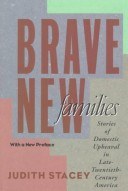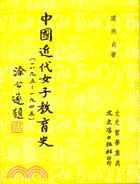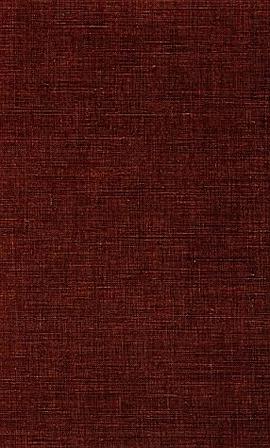

Women in Chinese Society edited by Margery Wolf and Roxanne Wilke is part of a 1970's series on anthropology studies of China. The series was summed up with Studies in Chinese Society edited by Arthur Wolf.
The first essay by Joanna Handlin looks at the role of women in Ming China, in the form of a book written by Lu Kun about the lives of exemplary women, and how this book differed from previous works and the new and more liberal ideas that it showed. While not written by a woman, this work showed clear views on thinking of women at the time, she interpreted as to what was considered normal and what was considered radical. She postulated how this work could contribute to the women's literary movement that sprung up 50 years afterwards. While not written by a woman this was a text which she believed was intended to be read by women.
The second essay by Mary Backus Rankin covered a very interesting subject, The case of Ch'iu Chin, a turn of the century woman radical and revolutionary, in a very disappointing manner. She seemed to gloss over many interesting points in Ch'iu's life, and make unfounded conclusions. For example the idea that any of the friendships she had with women could have been close enough or significant enough to replace the family that she had left, that she was inspired by the freedom of western women towards equality. When she mentioned how westerners were despised and that Ch'iu had inspiration from Mulan and Guan Yin. A fascinating woman that I fear had not had her story told accurately. The idea of a cross-dressing, bomb wielding, extortionist or joined the triads and befriended women sounds like an amazing story to me. Hopefully one day I'll be able to come up with a more modern and illuminating account of her life. Unfortunately this essay was by far one of the poorest written in this book.
The third essay was Marjorie Topley "Marriage Resistance in Rural Kwantung". A fascinating and groundbreaking look at the women of the Canton delta who formed women's associations and waited to get married, making money and taking jobs first. Several ideas in this essay have since been disputed, or further explained by Janice Stockard in her book Women of the Canton Delta. But it is a fascinating area of research and an interesting look at a very untraditional view of women's roles in Chinese society. This is also the area that "women's script" was written.
Arthur Wolf's essay is a very factual look at the patterns of marriage and child birth of the women in Taiwan based on records of the Japanese collected between 1900 and 1945. He looks at the commonality of different forms of marriage and how the "traditional" patterns are followed in only about half the cases and questions, and wants more research to be done in other areas, questioning how common these traditional ideals were really the norm.
Margery Wolf's essay follows along similar lines, using the same data as her husband, to look at suicide among women in China. Elsewhere in the world women were half as likely to commit suicide than men, in China they were just as likely. She looks at the different cultural reasons for suicide and questions the western standard of assuming that all suicides will fit into their model.
Yi-Tsi Feuerwerker's essay looks at women writers in the 1920's and 30's. She is quick to point out the lack of history of women writers in China, and the short comings of the writers she is studying. However almost every conclusion she makes then seems to have a little aside saying the exception to this being Ting Ling (Ding Ling) who.... As Ding Ling is my favorite women writer from that time, sharing the same bias as the author made me happy.
Emily Ahern's essay addressed the power and pollution of women in Taiwan, an interesting look at the influence of menstruation, child birth and a person's relationship to the community and the gods. I had read this article earlier and so only skimmed it this time. But found it an interesting anthropology essay. And highly recommend Ahern's book.
The last essay was by Elizabeth Johnson and looked at the patterns of childbearing in Kwan Mun Hau village. It was an interesting look at a rural community that had been transferred to the city and were now making money from rents of their property. The study group she used was rather small and focused mainly on the older members of the community. However what was interesting to me was the comparison between this and the article I read recently on Japanese women and reproduction issues. There abortion was the norm and most common use of birth control. Here women were opposed to abortion thinking it could be dangerous and instead were using other forms of birth control, particularly IUD's. The difference in cultures and approaches challenges anyone who likes to break things down to an Eastern vs. Western approach. It also seemed odd to me that rural Chinese women would be more "progressive" in their attitude than Japanese women several decades later.
具体描述
读后感
评分
评分
评分
评分
用户评价
A mark, by Wolf and Witke.
评分A mark, by Wolf and Witke.
评分A mark, by Wolf and Witke.
评分A mark, by Wolf and Witke.
评分A mark, by Wolf and Witke.
相关图书
本站所有内容均为互联网搜索引擎提供的公开搜索信息,本站不存储任何数据与内容,任何内容与数据均与本站无关,如有需要请联系相关搜索引擎包括但不限于百度,google,bing,sogou 等
© 2025 book.wenda123.org All Rights Reserved. 图书目录大全 版权所有



